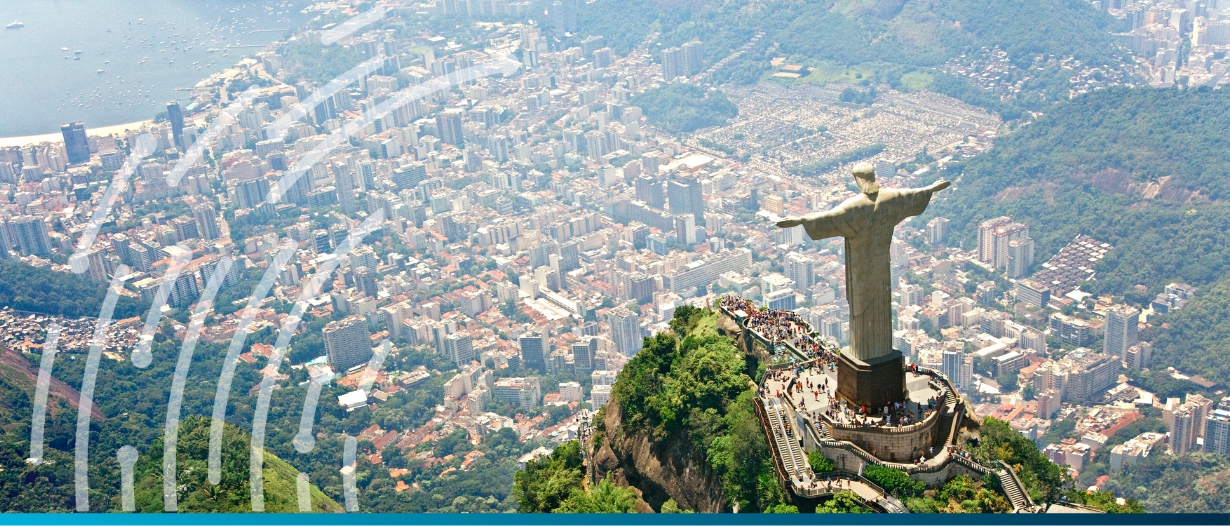Estimated reading time: 2 minutes
On Monday 7 October, the International Finance Corporation (IFC) announced a partnership with Banco Safra, a major Brazilian bank, to widen access to trade finance in Brazil.
Under this partnership, the IFC will provide Banco Safra with risk mitigation and connect it to its network of major international banks to set up partnerships on trade finance facilities. This should expand Banco Safra’s capacity to provide trade finance in Brazil, which in turn should lead to increased exports and a rise in regional trade.
This project commenced in July of this year, when Banco Safra asked the IFC for an unfunded trade finance facility of up to $100 million to support short-term import and export finance transactions in Brazil.
Banco Safra joins over 250 banks in the IFC’s Global Trade Finance Program (GTFP), an initiative by the IFC to extend risk mitigation to banks providing trade finance in new or challenging markets.
The GTFP provides up to 100% risk mitigation to confirming banks in markets where trade lines are constrained. It also helps local financial institutions to partner with major banks to broaden the reach of trade finance to smaller markets.
Both the IFC and Banco Safra have pledged to examine the underlying trade transactions funded through the project and not extend credit to, among others, coal-related activities and non-sustainable palm oil companies.
This new partnership expands the IFC’s investments in South America and the Caribbean. The IFC, a member of the World Bank group, has invested almost $10 billion in the region, and supported its clients in lending $80 billion more, the majority to microbusinesses and SMEs that may not have been able to access financing without the IFC’s support.
“The addition of Banco Safra to IFC’s Global Trade Finance Program is key to our efforts to strengthen trade finance in Brazil and Latin America and the Caribbean,” said Helena de la Torre, IFC Regional Manager for the Financial Institutions Group – Brazil and the Southern Cone.
Brazil is a crucial node for trade in the region, providing much of South America’s intraregional food exports. But in spite of its position as the largest economy in Latin America, SMEs struggle to access trade finance facilities, with businesses in rural areas and those led by women bearing the brunt of the problem.
The World Bank estimates put the trade finance gap in Brazil at $49 billion, with women-led businesses accounting for up to 18% of the total.





























